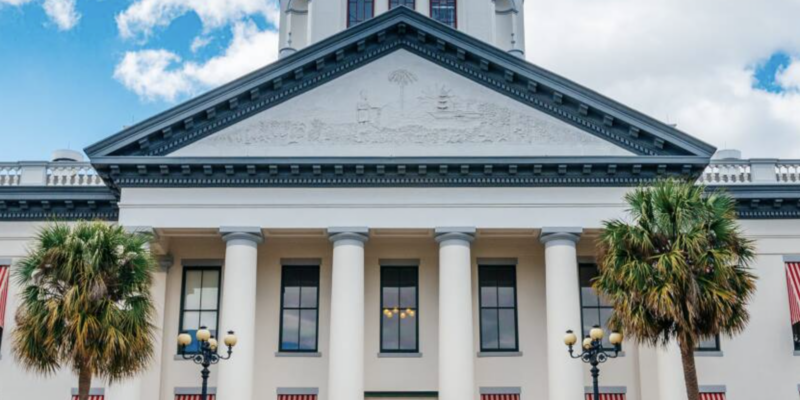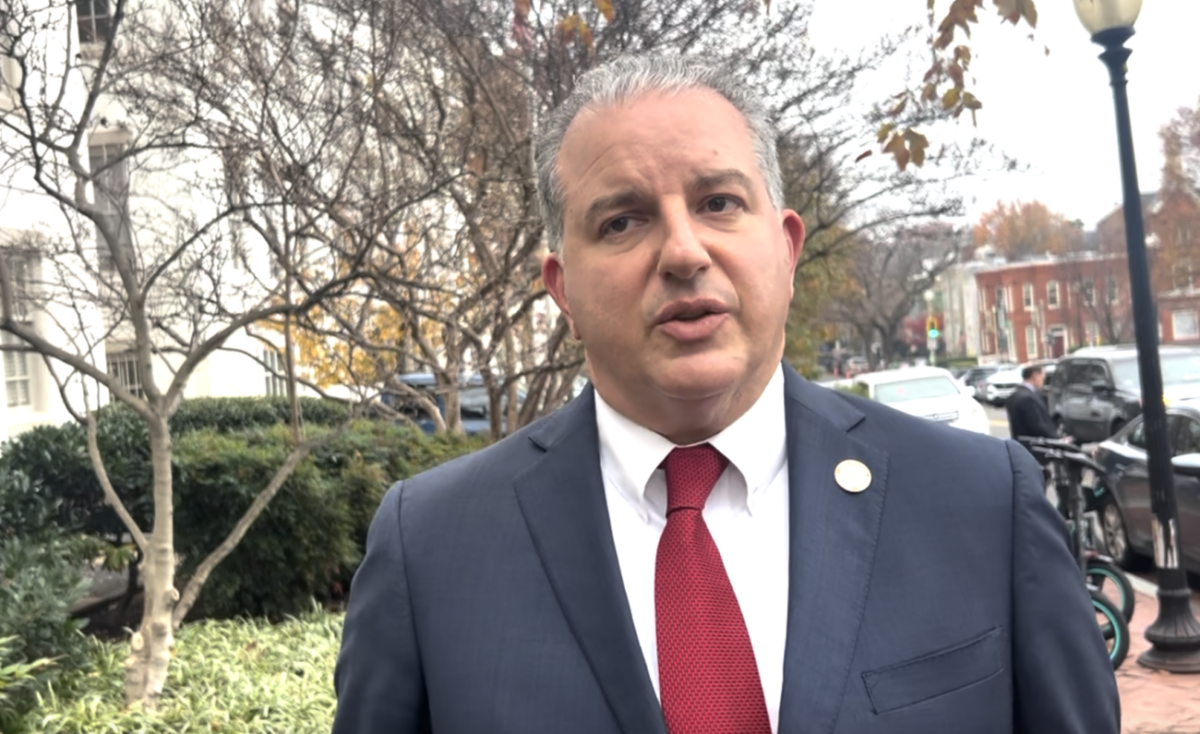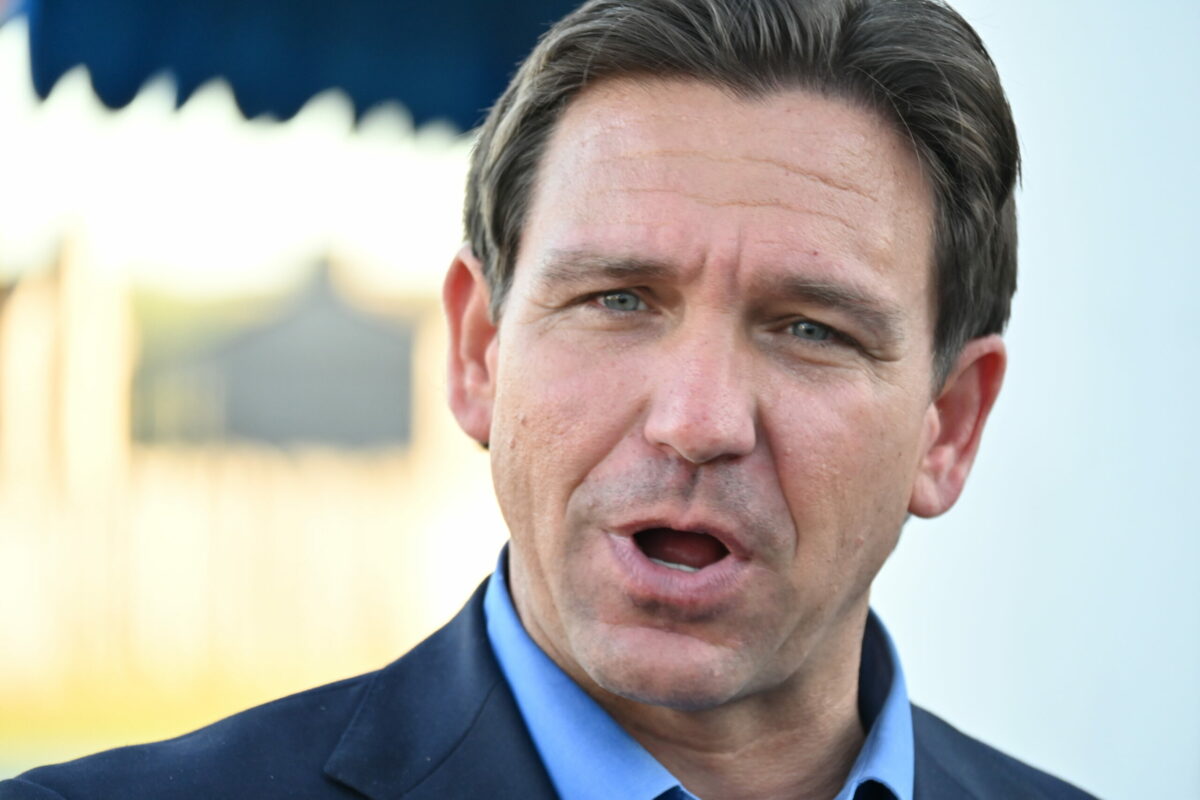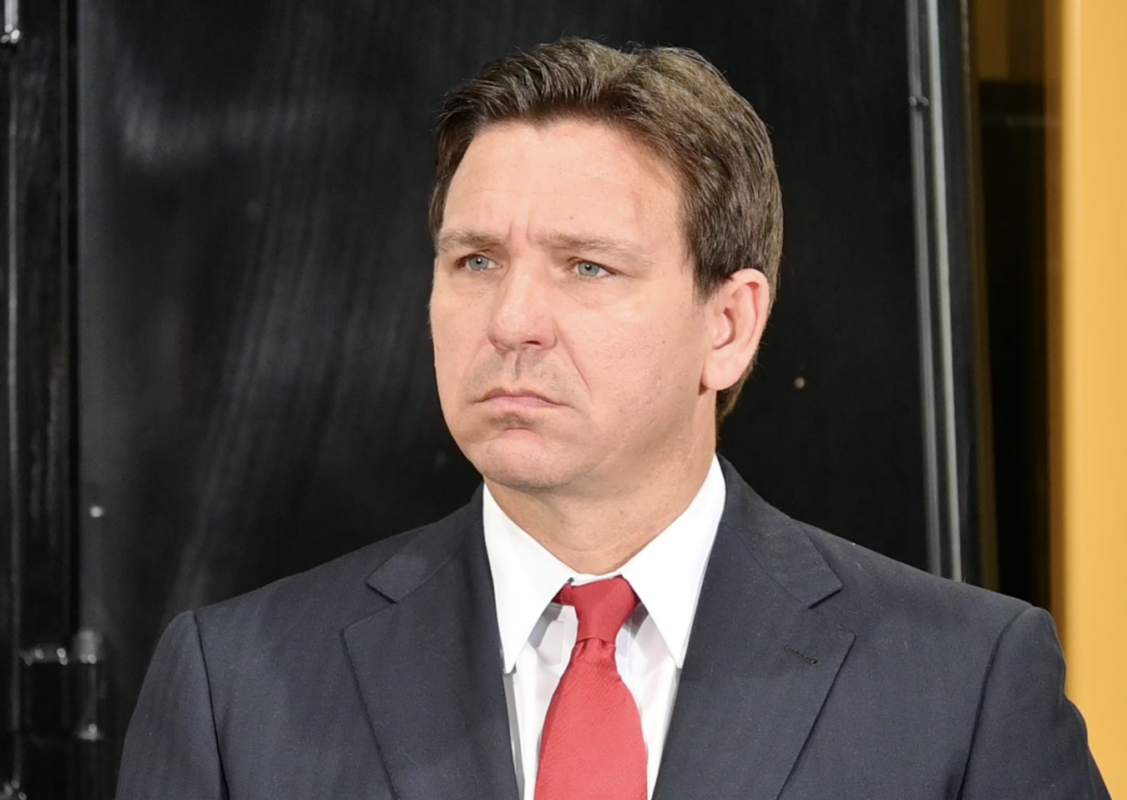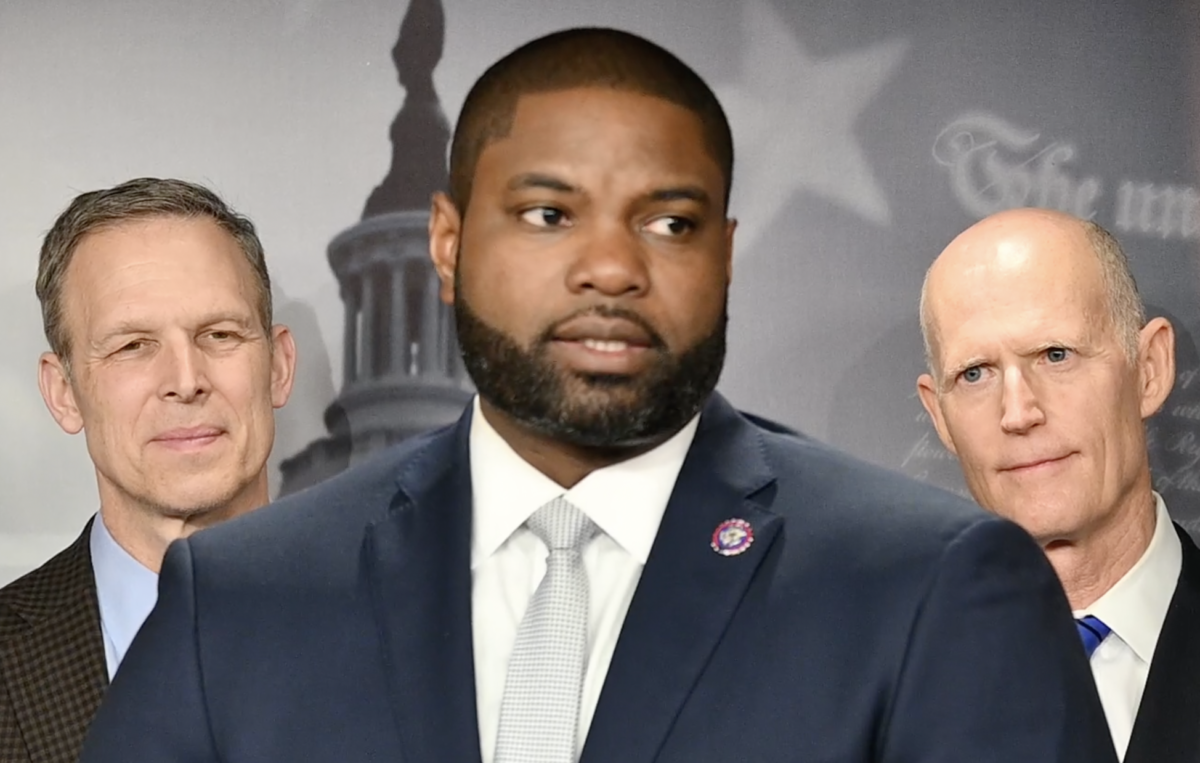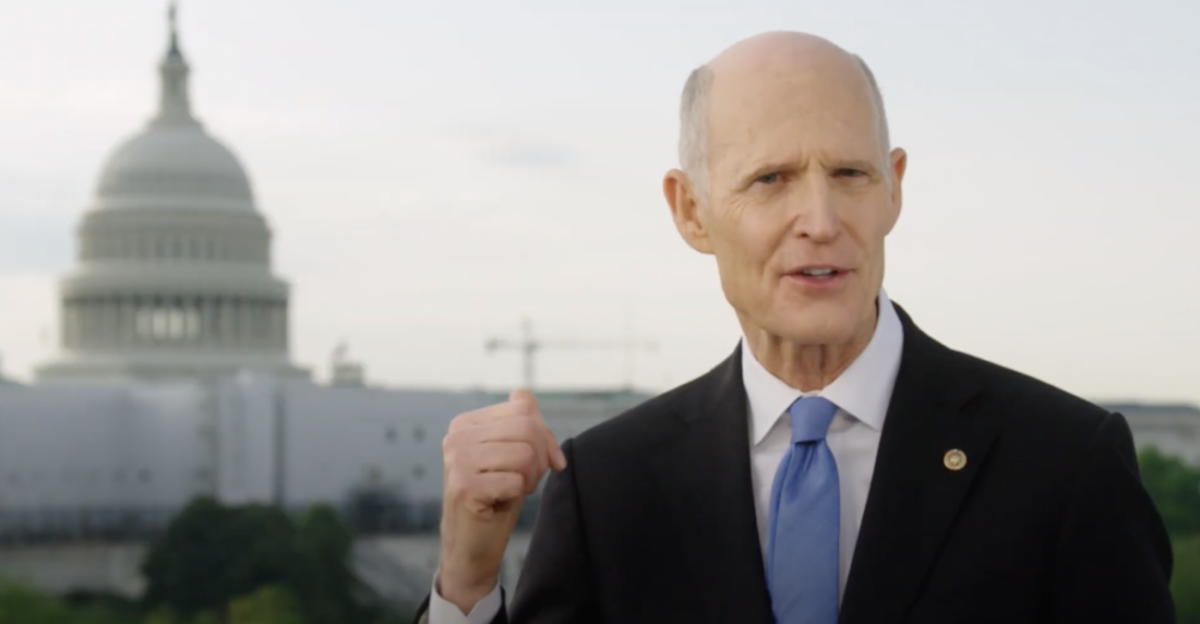The relationship between the federal government and the state of Florida has been tense since Governor DeSantis (R-FL) amplified efforts to battle illegal immigration. Now Florida is suing the Department of Homeland Security over a new parole policy on immigration.
In the lawsuit, the state of Florida asserts that DHS Secretary Alejandro Mayorkas and Border Patrol Chief Ortiz intend to restart the, "en masse parole of aliens to the Southwest Border." This week Florida filed an emergency motion to restrain the DHS from going through with the new policy.
The plaintiffs in this case, the state of Florida, are arguing via [8 U.S.C.] §1182(d)(5) that due to overcrowding and to facilitate faster processing at the Southwest Border, the move by the federal government is unconstitutional.
Attorney General Ashley Moody (R-FL) pointed directly to an NBC News article from Wednesday, which reported that Biden administration officials had authorized Customs and Border Protection to release migrants “into the U.S. without court dates or the ability to track them.”
Mayorkas said Thursday during a White House press conference that President Biden would not be the first president to release large numbers of migrants into the U.S. when facilities exceed capacity.
Amid the lawsuit, calls for Secretary Mayorkas have only continued to mount. US Rep. Cory Mills (R-FL) suggested that “we could put Title 42 back in place, and I would say even permanently until the actual invasion does stop.”
The Florida Republican detailed that 2.3 million people that the government is aware of came into the country in 2022. 1.3 million have come into the country so far this year. As a result, the end of Title 42 would put Customs and Border Patrol at a disadvantage. Mills has suggested the options for moving forward: Mayorkas is removed from office, he resigns, or he is impeached.
In response to the now two-year border crisis, Governor DeSantis has made it a felony to knowingly transport an individual you could reasonably know illegally immigrated. The law also extends E-verify usage to companies that have more than 25 employees.

